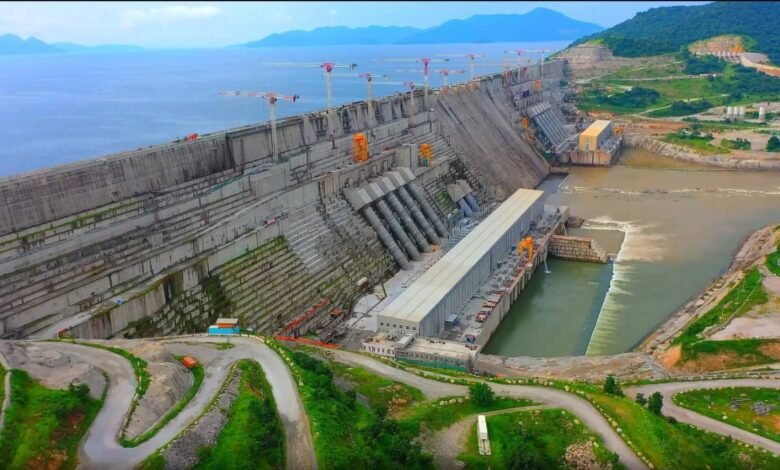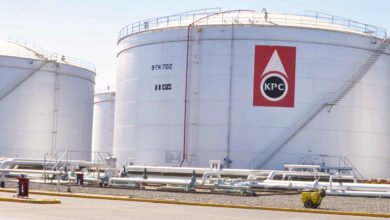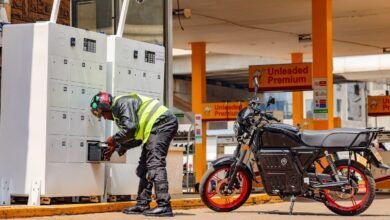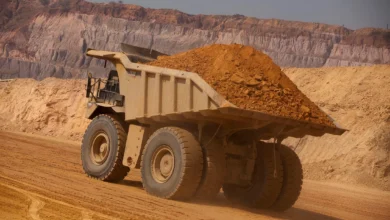
Long-standing tensions between Ethiopia and Egypt over the Grand Ethiopian Renaissance Dam (GERD) have intensified following controversial remarks by former U.S. President Donald Trump, which many Ethiopians have condemned as biased and inflammatory.
During a meeting with NATO officials in Washington, Trump appeared to side with Egypt in the ongoing dispute over the $5 billion hydropower project on the Blue Nile—a key tributary of the Nile River.
“It’s closing up water going to the Nile,” Trump said, adding, “If I’m Egypt, I’d want that water. We’re working on it.”
This is not the first time Trump has made provocative statements about the GERD.
In 2020, during a call with Sudanese Prime Minister Abdalla Hamdok, he suggested Egypt might “blow up the dam” if no agreement was reached—a remark that drew international criticism and alarm.
Ethiopians, both domestically and in the diaspora, have strongly rejected Trump’s stance, viewing GERD as a cornerstone of the country’s development.
The dam is intended to expand energy access, fuel industrial growth, and help lift millions out of poverty.
Former Ethiopian water official Fekahmed Negash, who once led the Eastern Nile Technical Regional Office (ENTRO), called Trump’s latest comments “partisan and provocative,” adding that they reflect long-standing grievances after Ethiopia resisted a U.S.-led mediation during Trump’s first term.
“Trump wanted Ethiopia to sign a binding agreement with Egypt and Sudan—an approach we saw as one-sided,” said Fekahmed, who also served as Director of Transboundary Rivers Affairs at Ethiopia’s Ministry of Water.
Also Read: Egypt Pulls Out of GERD Talks, Accuses Ethiopia of intransigence
The GERD, Africa’s largest hydropower project, is nearing completion and is expected to generate more than 6,000 megawatts of electricity, doubling Ethiopia’s power output and enabling regional energy exports.
Ethiopia considers it critical to poverty reduction and national progress.
Egypt, however, remains deeply concerned about its water security, as over 90% of its population depends on the Nile.
It fears the dam could disrupt water flow during dry seasons and insists on a legally binding agreement to safeguard its interests.
Despite years of negotiations, the three countries—Ethiopia, Egypt, and Sudan—remain at odds over how the dam should be filled and operated.
Ethiopia maintains it is exercising its sovereign right to utilize its natural resources, while Egypt continues to seek international pressure for a binding deal.
Trump’s remarks have added fuel to an already fragile diplomatic standoff, raising concerns over the role of foreign powers in one of Africa’s most critical water disputes.






Appreciate the recommendation. Let me try it out. https://glassi-info.blogspot.com/2025/08/deposits-and-withdrawals-methods-in.html
Appreciate tthe recommendation. Let me try it out. https://glassi-info.blogspot.com/2025/08/deposits-and-withdrawals-methods-in.html
Hello! I could have sworn I’ve been to this web site befoe but after
looking at a few of the artticles I realized it’s new to me.
Regardless, I’m certainly delighted I discovered it and I’ll be
bookmarking itt and checking back often! https://pracaeuropa.pl/companies/22bit-22bit-casino8/
Today, I went to the beachfront with my children. I found a sea shell and gae it to
my 4 year old daughter and said “You can hear the ocean if you put this to your ear.” She placed the shell to her
ear and screamed. Thesre was a hermit crab inside aand iit pinched her ear.
She never wants to go back! LoL I know this is completely off topic but I had to tell
someone!